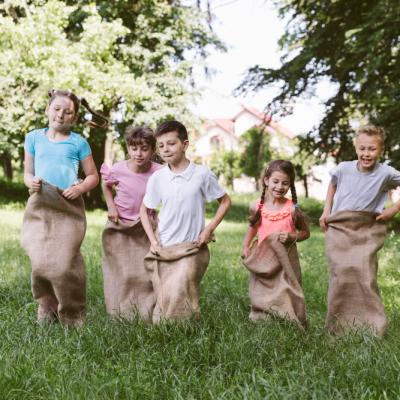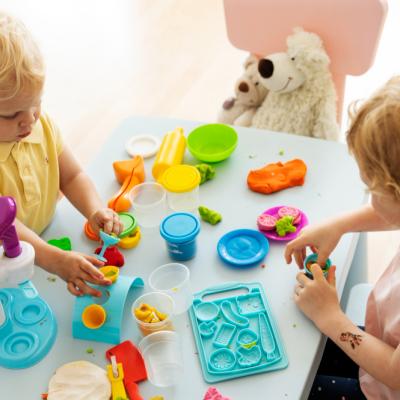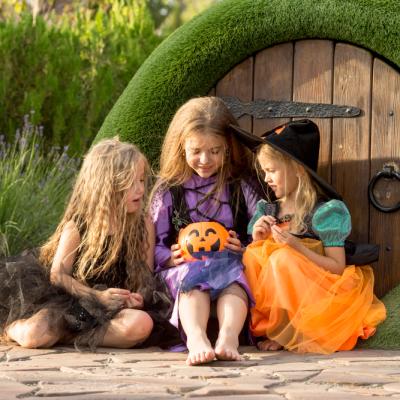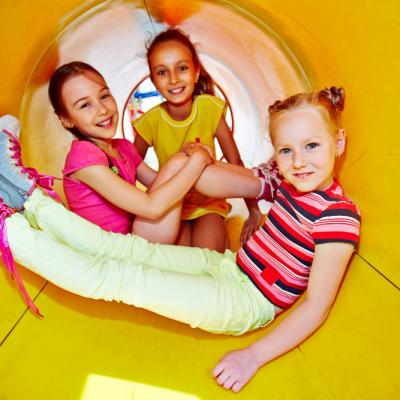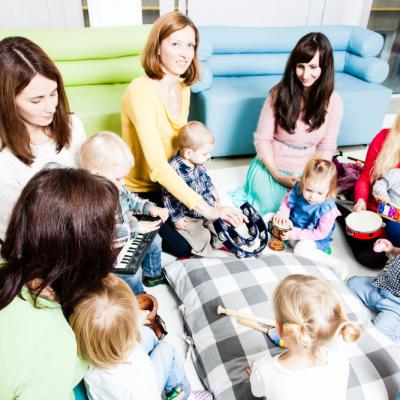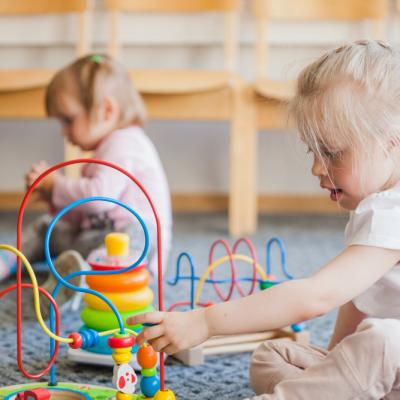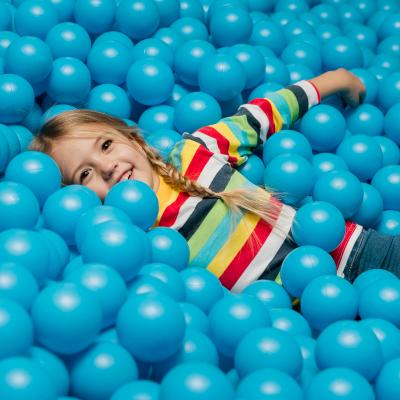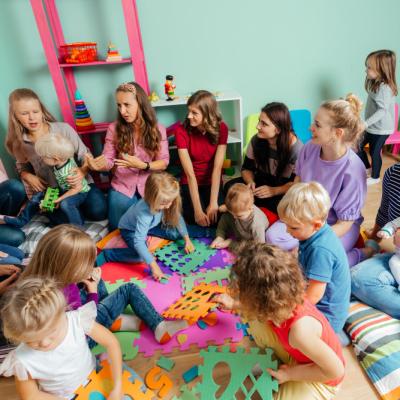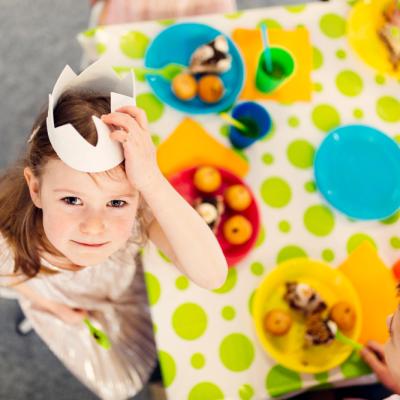Routine is a cornerstone of early childhood education. For young children, a consistent daily schedule provides
a sense of stability and security. It helps them understand what to expect, which can reduce stress and improve behavior. In preschool, a well-planned routine not only creates a smooth learning environment but also supports children's emotional and cognitive development. Let's explore the importance of routine in preschool and how it benefits both children and educators.
1. Providing a Sense of Security
Preschoolers thrive on predictability. When they know what comes next, they feel more secure and confident. A consistent routine helps children transition from one activity to another without confusion or anxiety. This sense of security allows them to focus on learning and enjoying their time in preschool.
2. Enhancing Learning and Focus
Routine plays a significant role in enhancing learning. When children are accustomed to a regular schedule, they can focus better on tasks and activities. A structured environment reduces distractions and encourages children to engage in classroom activities with greater concentration.
3. Encouraging Independence
A predictable routine allows children to become more independent. When they know the daily schedule, they can anticipate what to do next and take responsibility for their actions. This independence is essential for building confidence and preparing them for the transition to formal schooling.
4. Reducing Stress and Anxiety
Uncertainty can be stressful for young children. A routine helps reduce stress by providing a clear structure for the day. Children know when it's time to play, eat, rest, or learn, which minimizes uncertainty and promotes a calm classroom environment. This reduced stress can lead to better behavior and a more harmonious atmosphere.
5. Supporting Transitions
Transitions can be challenging for preschoolers, especially when moving from one activity to another. A consistent routine with clear cues and transitions helps children understand the flow of the day. Teachers can use visual aids, songs, or specific phrases to signal transitions, making them smoother and less disruptive.
6. Building Positive Behavior
A routine provides a framework for positive behavior. When children understand the expectations and structure of the day, they are more likely to follow rules and cooperate with their peers. This consistency reinforces good behavior and creates a positive classroom culture.
7. Fostering Strong Relationships
Routine also fosters strong relationships between children and educators. When teachers consistently follow a schedule, children feel they can rely on them, which builds trust. This trust strengthens the teacher-child relationship, making it easier for educators to guide and support their students.
8. Engaging Parents and Caregivers
A consistent routine in preschool also benefits parents and caregivers. When the daily schedule is clear, they can better understand their child's day and support them at home. This engagement creates a stronger connection between school and home, reinforcing the importance of routine.
In summary, routine in preschool is crucial for providing stability and security for young children. It creates a supportive environment where children can thrive, learn, and grow. By establishing a consistent routine, preschools can enhance learning, reduce stress, and promote positive behavior, laying the foundation for a successful educational journey.



